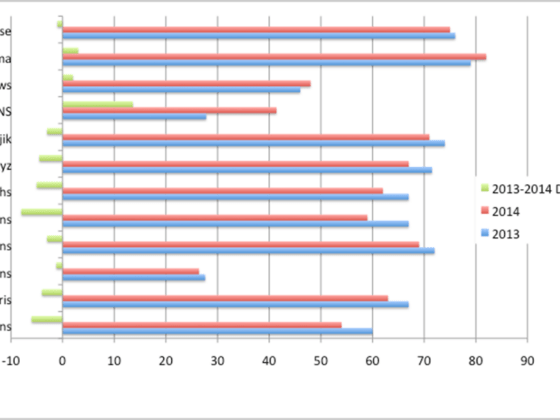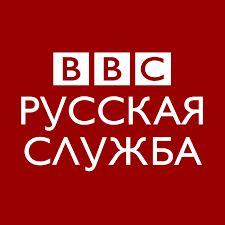(Co-authored with Mikhail Alexseev) How did the dramatic events of 2014, including the annexation of Crimea and the onset of violent armed conflict in eastern Ukraine, transform the opinion of Russians regarding their ethnic identity, nation, and state? Some have seen these events as sparking a dramatic upsurge in xenophobia and Russian nationalism, marking a new chapter in Russian identity politics. Others have questioned how much change has actually taken place. Evidence from two nationally representative surveys, one taken in May 2013 and the other in November 2014, indicates that what Russia experienced is much better characterized as a “rally ’round the leader” effect than as an upsurge in nationalism per se. In part, this is because Russian nationalism was already strong before the crisis in Ukraine emerged, so current events tapped into preexisting sentiment more than transformed it (with the exception of an evident increase in negative attitudes toward Ukrainians). What did change substantially, however, was the level of support for Vladimir Putin, which surged to nearly half again its May 2013 level. At the same time, concerns about economic and social problems deepened. Together, these findings indicate the main effect of the 2014 events on public opinion was to create a “rallying effect” around Putin personally but not to transform mass consciousness in a way that is likely to benefit the Kremlin in the long or even medium run.











